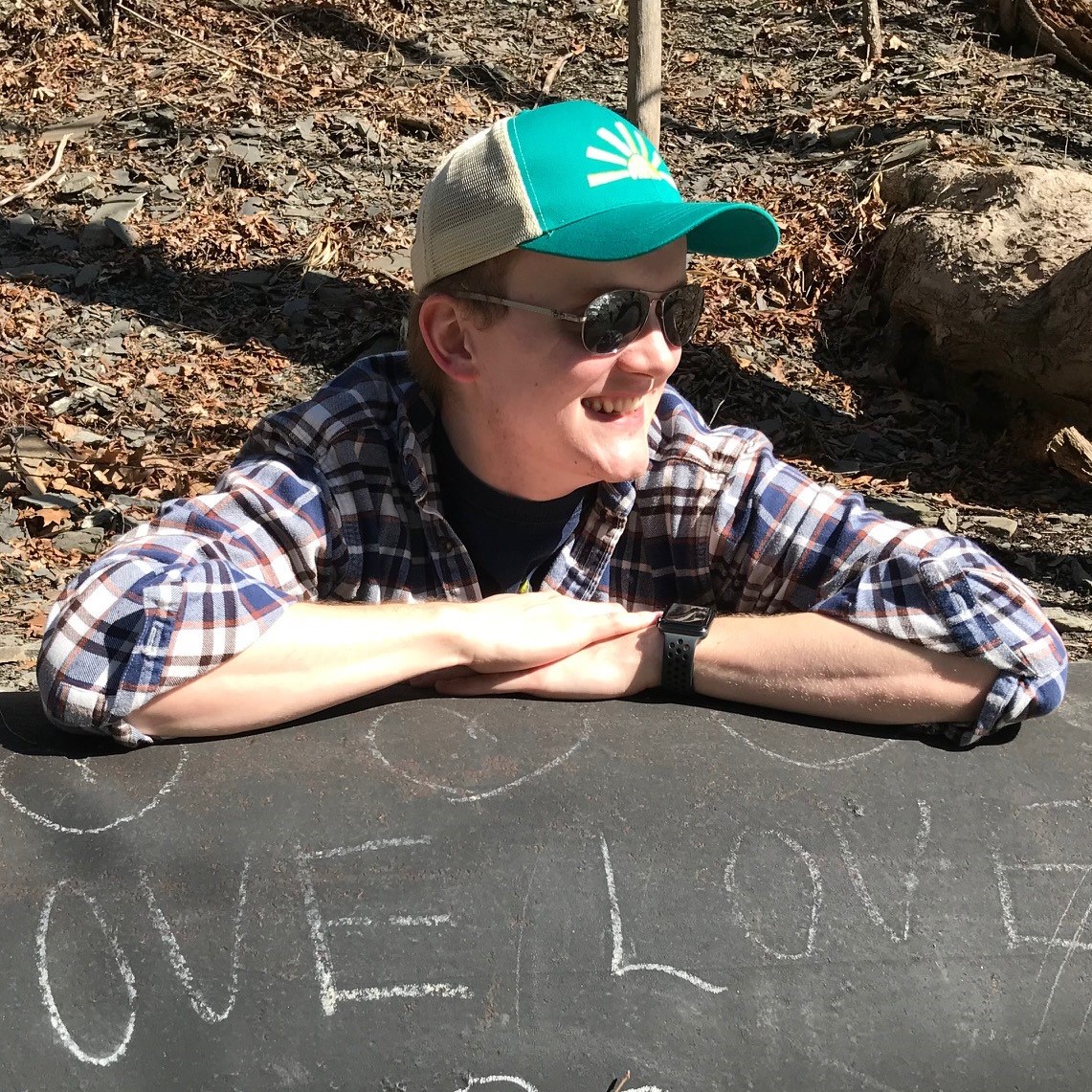This November, I was fortunate to be invited to be a science correspondent at EP3 in Melbourne and hear David Butler, Lorimer Moseley, and Peter O’Sullivan speak about their experiences studying, treating, and teaching about pain. More than that, they told stories.
We are always looking for stories. Stories for our lives, for our work, for our future, for our past. These stories construct our identity, and they change, sometimes very slowly with much force and resistance, and sometimes so quickly and effortlessly that we wonder how the story could have ever been anything but what it is now. Change drives new stories, and stagnation cements them by retelling them over and over so that they become true.
“Patients are calling for story. If all they have is the negative story, that’s what they run with. Changing the way we talk about pain and disability is a very direct way to make change quickly.” – Peter O’Sullivan
As children, we dream of the future, and constantly make up stories about what might be. Those stories only come true if we tell them so often that they fundamentally change how we live our lives. These stories might be about a chosen career or hobby, but more important are the stories about identity. These are the stories we tell ourselves in silence, sometimes subconsciously, which ferment slowly over time until they are not just stories, but rather passages from an unwritten biography.
Short term pain drives us to tell a story. It is a change, an upset to the status quo, which encourages a new narrative about protection, and about danger. The longer this story is told, the more permanent it becomes. This is when pain persists, and when it becomes an intrinsic part of one’s identity.
“Language is so powerful. Don’t scare patients with it, empower them with it.” – David Butler
But consider also that these stories are not only told in our hearts in silence, but also loudly by others. Family members who love and care for us tell their story about us to comfort, console, and motivate. Physicians and physios and professional storytellers tell their own yarns. Ads on billboards and strangers on twitter and news pundits and even blogs like this one tell stories which we may or may not internalise, and repeat, and share.
These external stories can be uplifting and powerful, just as they can be demoralising and strenuous. Clinicians have a hard time with this. They often assume that their perception of the story is the same for the person living it, and this isn’t always true. But clinicians are in an excellent position to help their patients instigate change and create new stories for themselves. They also have a powerful opportunity to reinforce negative stories, and make them more impactful.
If you don’t like your story, then change is essential. Change is always good then because it means the introduction of new possibility. And once a story is settled on it must be repeated and practiced if it is going to become true.
“Bioplasticity (learning) in the system got you into this sensitised state…Bioplasticity in the system can get you out of the sensitised state.” – Lorimer Moseley
Clinicians tend not to have very much education on storytelling. This makes sense, it seems reasonable to prioritise homeostasis and healing, but with chronic pain on the rise in much of the world, it’s worth stepping back and striving for self-awareness about the way you’re telling stories to your patients, and more importantly, the way you listen to their stories.
Essays like this always seem to end with a call for more self-awareness. All people could benefit from paying a little more notice to their stories. Ask questions of your routines and expectations and of all the things you know. And listen! Listen to how other people tell their stories to you, and how that impacts the way you tell your own stories. We have so much to gain by listening and giving attention to stories.
What’s your story? What will it be tomorrow?
-Brian Pulling
 Brian Pulling is a masters candidate at Body in Mind at the University of South Australia. He is researching the use of hypnosis to enhance other treatments for pain. He’s an avid swing dancer and plans to pursue a PhD after graduating in 2019. Find him on twitter @brianpulling
Brian Pulling is a masters candidate at Body in Mind at the University of South Australia. He is researching the use of hypnosis to enhance other treatments for pain. He’s an avid swing dancer and plans to pursue a PhD after graduating in 2019. Find him on twitter @brianpulling

Reblogged this on Neil Wise Physio.
Beautifully put Brian 👍
thank you!
A masterful story about the power of stories. Thanks Brian
Thanks David! It was a privilege